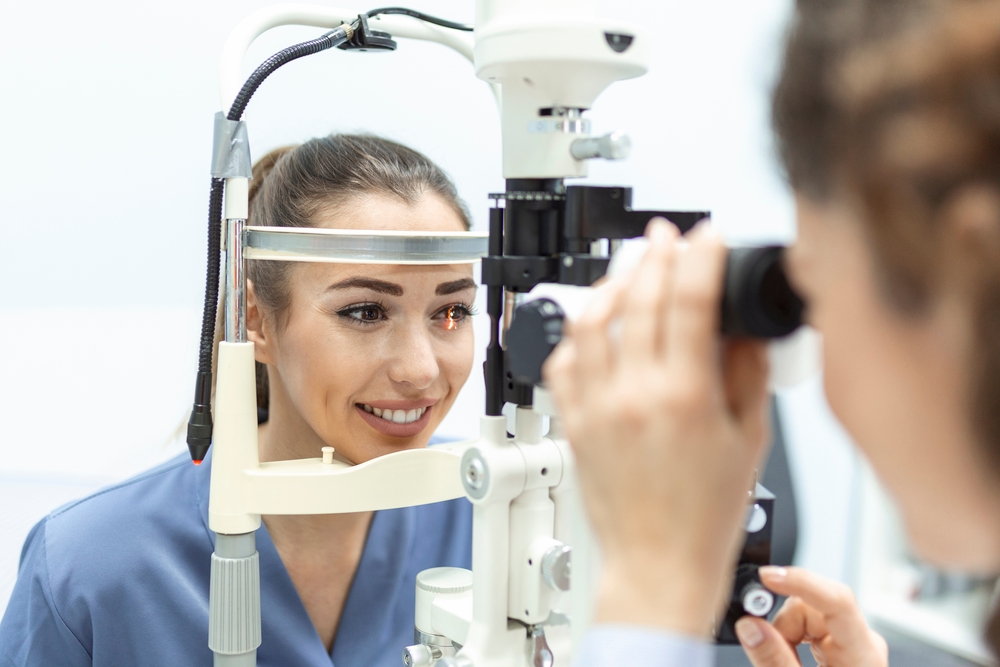
When it comes to maintaining your overall health, routine eye exams often take a back seat. However, your eyes are more than just the windows to the world—they're also windows into your health. Many eye diseases develop gradually and without noticeable symptoms, which means they can go undetected until significant vision loss has occurred. Regular eye exams play a critical role in catching these issues early, protecting both your eyesight and your quality of life.
Why Early Detection Matters
Eye diseases like glaucoma, macular degeneration, diabetic retinopathy, and cataracts often develop silently. By the time symptoms such as blurred vision, halos around lights, or loss of peripheral vision are noticeable, damage may already be permanent. Early detection allows for timely intervention, often slowing or even preventing further progression.
Glaucoma is known as the “silent thief of sight” because it can damage your optic nerve without early warning signs. Regular pressure checks and optic nerve evaluations during an eye exam can reveal its presence before vision loss occurs.
Age-Related Macular Degeneration (AMD) impacts central vision and can interfere with reading, driving, or recognizing faces. Routine exams can spot early signs before major vision changes happen.
Eye Exams Go Beyond Vision Correction
Many assume that if they don’t need glasses or experience any vision issues, an eye exam isn’t necessary. However, a comprehensive eye exam evaluates much more than your ability to see clearly. At Livingston Eye Care Associates, our exams assess eye alignment, eye pressure, retina health, computer vision syndrome, and even signs of systemic conditions like high blood pressure or diabetes. These thorough evaluations can lead to the detection of not only eye conditions but other health concerns, making them an essential part of preventive care.
How Often Should You Schedule an Eye Exam?
The recommended frequency of eye exams can vary depending on your age, health history, and risk factors:
Children should have their first comprehensive eye exam at 6 to 12 months, again at age 3, and before starting school. After that, exams every year are typically recommended.
Adults with no vision problems should also have an eye exam at least once a year, while those over 60 or with risk factors may need more frequent visits.
Those with diabetes, high blood pressure, or a family history of eye disease may require more frequent monitoring.
Protect Your Vision at Livingston Eye Care Associates
Early detection is one of the most powerful tools we have in protecting your vision. Regular eye exams are a simple, proactive step that can make a significant difference in catching eye diseases before they lead to permanent vision loss.
Schedule your comprehensive eye exam with Livingston Eye Care Associates and take the first step toward lifelong eye health. Visit our office in Hamburg Township, Michigan, or call (810) 231-5800 to book an appointment today.










